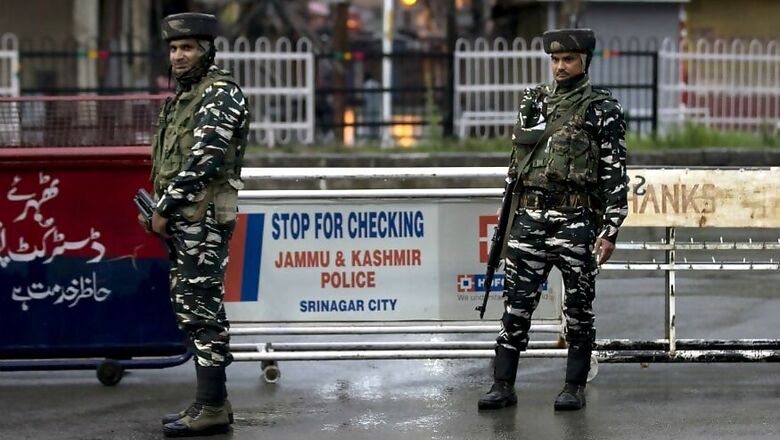
views
New Delhi: The Centre on Monday told the Supreme Court that not a single bullet was fired in Jammu and Kashmir since August 5 when Article 370 was abrogated.
Attorney General KK Venugopal, representing the Centre, and Solicitor General Tushar Mehta, appearing for Jammu and Kashmir, informed the bench about steps taken by the authorities to restore normalcy in the state and also the valley.
While Venugopal apprised the bench about medical and other facilities being provided to the people, Mehta said that "not a single bullet has been fired" in the state since August 5, the day when Article 370 was abrogated.
The top court, which posted the matter for hearing on September 30, asked the Centre and Jammu and Kashmir to file their affidavits indicating their responses on the plea and applications which raises the issue of shutdown of mobile and Internet services in the valley and lack of health care facilities there.
Meanwhile, Jammu and Kashmir administration was directed by the Supreme Court to make "all endeavours" to ensure restoration of normalcy in the valley while keeping in mind "national interest and internal security".
The apex court, which also asked the Centre to ensure restoration of services and normalcy in Kashmir "as soon as possible", said efforts should be made to ensure that people have access to medical facilities, education, public transport and communication.
"The state of Jammu and Kashmir, keeping in mind the national interest and internal security, shall make all endeavours to ensure that normal life is restored in Kashmir; people have access to healthcare facilities and schools, colleges and other educational institutions and public transport functions and operates normally," a bench headed by Chief Justice Ranjan Gogoi said in its order.
"All forms of communication, subject to overriding consideration of national security, shall be normalised, if required on a selective basis, particularly for healthcare facilities," said the bench, which also comprised justices SA Bobde and SA Nazeer.
Venugopal said that since 1990 till date, 41,866 persons have lost their lives in 71,038 incidents of terrorist violence in the state which includes 14,038 civilians, 5,292 personnel of security forces and 22,536 terrorists.
Referring to the around three months shutdown of internet services in the valley in 2016 due to violent protest after encounter of terrorist Burhan Wani, Venugopal said when Wani was eliminated, the "whole Kashmir went into boil" and 46 persons had lost their lives at that time.
Countering the claims of petitioners about lack of medical facilities, he said that 10.52 lakh patients attended the outpatient department (OPD) in Kashmir hospitals till September 15.
He said that 67,196 patients have visited indoor patient department in various government run health care institutions and doctors have successfully performed 10,699 major surgeries including caesarean sections and 53,297 minor surgeries in various hospitals in the valley.
Mehta told the bench that restrictions have been removed in 93 out of 105 police stations of the Kashmir division, which comes at 88.57 per cent while in Jammu and Ladakh division, 100 per cent restrictions have been removed.
Mehta said there was sufficient stock of essential drugs and other medical requirements across the hospitals in Kashmir, Jammu and Ladakh and three months stock of essential commodities like food grains, LPG cylinders, petrol, diesel have been ensured there.
He said 8,98,050 LPG cylinders have been home delivered to consumers in the last one month across the valley while 6.46 lakh quintals of ration were distributed there.
"The picture presented before the court is wrong," he said.
After the bench said that both the Centre and state should ensure restoration of normalcy in Kashmir, Mehta said, "This direction can be misused elsewhere, not inside the country but outside."
To this, the bench observed, "We are not issuing any direction. We have said that restoration will be on a selective basis keeping in mind the national interest".
When the top court was told about the alleged "shutdown" of mobile and Internet services in Kashmir Valley, the bench said these issues could be dealt with by the Jammu and Kashmir High Court.
"Is it the same situation today? We are saying that if it is some local issue then it would be better if the high court dealt with it. It is simpler for the high court to know what is happening in the state in terms of the shutdown of mobile and Internet services," the bench said.
Advocate Vrinda Grover, appearing for petitioner and Executive Editor of Kashmir Times Anuradha Bhasin, told the bench that mobile, Internet services and public transport are not working in the Kashmir Valley and it would be difficult for them to approach the high court.
While Bhasin has sought removal of restrictions imposed on working of journalists in the state after scrapping of provisions of Article 370, some other petitioners have raised the issue of shutdown of public transport and lack of medical facilities in Kashmir.
Venugopal, however, said that issues raised by the petitioner "do not appear to be genuine" as Kashmir-based newspapers are being published and the government has been offering all kinds of assistance to them.
"It is not about just one or two newspapers. They are saying that there is general communication shutdown. We would like to know whether it is a breakdown or shutdown and for what reasons," the bench observed, adding, "In the meantime, we trust you (government) that you will try to restore the services and normalcy".











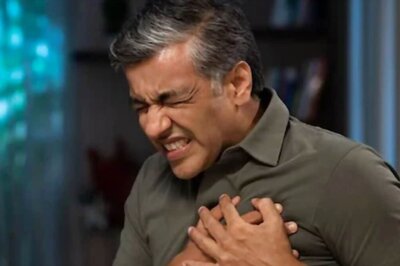
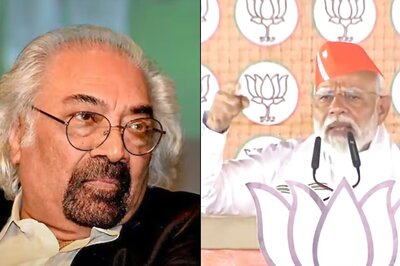
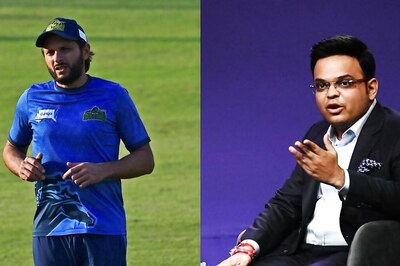



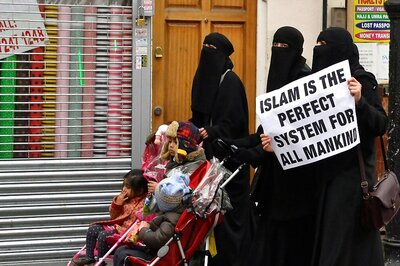
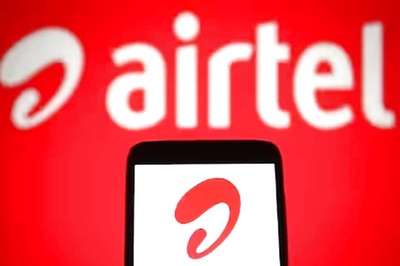
Comments
0 comment